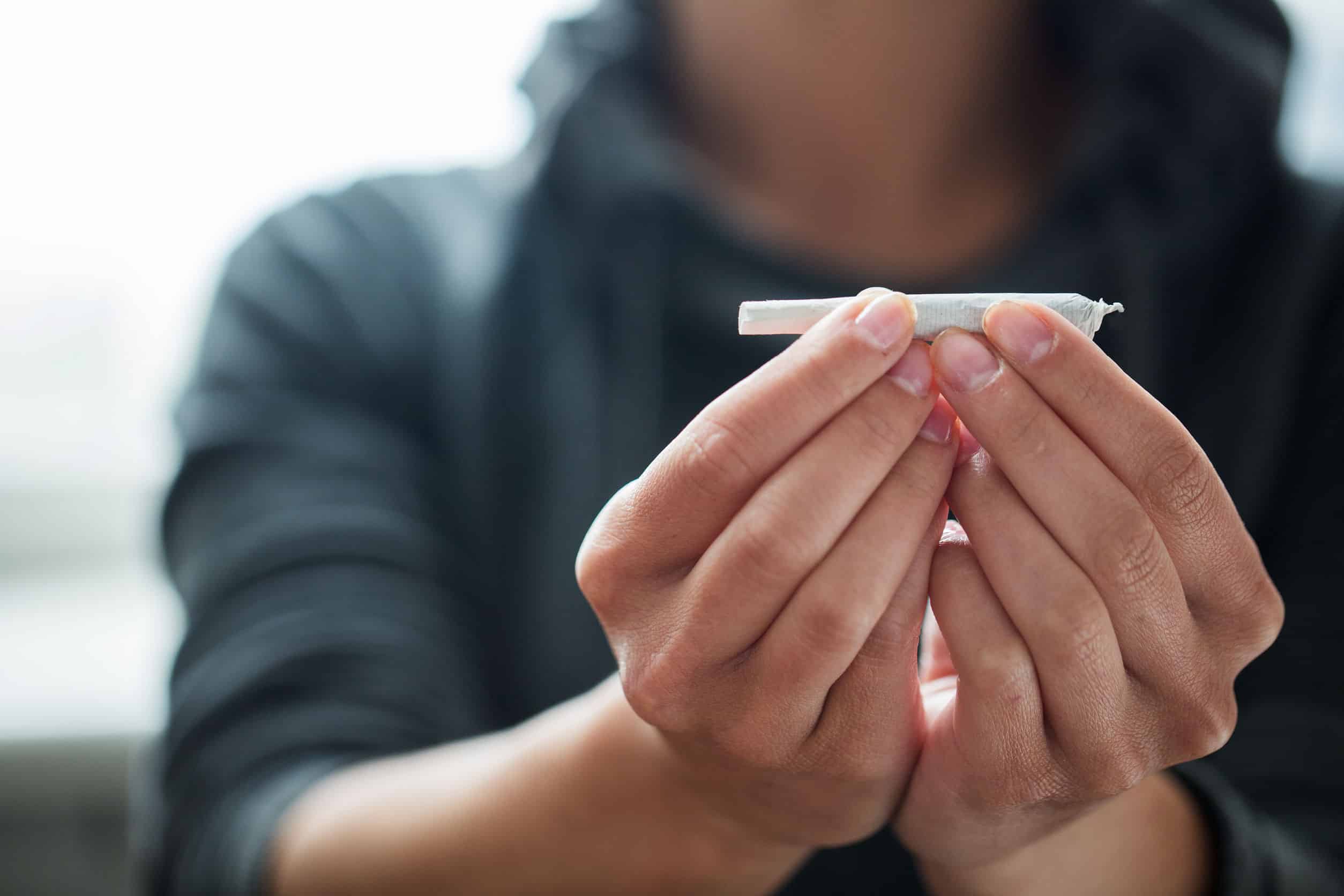
Life Success – Can Marijuana and Alcohol Use Reduce a Teens Success Rates?
April 26, 2018
Teen substance abuse has and continues to be a societal concern. This problem is particularly alarming when referencing teen marijuana use and teen alcohol use. Not only can these substances adversely impact young people during their formidable years and threaten teen success, but a new disturbing study found those who regularly ingest these drugs might significantly harm their chances for achievements later in life.
Hillcrest Adolescent Treatment Center, a Malibu, California-based inpatient treatment facility addressing mental health, behavioral health and addiction issues in teens only, invites the parents and loved ones of a young person/people to read the following brief article that discusses how the increased use of marijuana and alcohol can damage a teenager’s future, learn the red flag symptoms that may indicate their son, daughter or relation might be facing an addiction problem, specific causes that drive teens to use drugs and potential treatment options.
The Results Of An Alarming Study
A group of researchers from the University of Connecticut studied more than 1,100 young adults throughout the American landscape and made some startling discoveries. Results showed both men and women who had regularly smoked marijuana and drank alcohol as early as age 12 experienced greater difficulty graduating from college, landing full-time employment and/or getting married than non-users.
The Symptoms Of Teen Substance Abuse
The aforementioned statistics are frightening. Fortunately, there are early signs adults should become aware of that may indicate a youth they care for might be struggling with a substance abuse problem. A youth in the throws of addiction might exhibit one or more of the following symptoms:
- Changes in sleeping habits.
- Association with a new and/or different group of friends and/or peers.
- Increased absence from school.
- A significant decline in academic performance.
- Appetite changes.
- Unexpected or bizarre mood alterations.
- Lack of interest in activities they used to enjoy.
- Withdrawal from and/or confrontation with family.
It is important to note that these manifestations may not be precipitated by a substance abuse problem. That said, these changes should not be ignored or dismissed as normal teenage behavior. In many instances, parents or loved ones discover youth substance abuse problems long after they have begun. Therefore, it is important to discuss these concerns with the young person in question or bring them to the attention of an addiction counselor or trained medical or mental health professional.
What Causes Teen Substance Abuse?
The reasons young people experiment with drugs vary greatly. Drug use can often be the direct result of peer pressure. Some youths see their friends and/or classmates deemed “cool” or more popular than they are drink and/or smoke pot and surmise that engaging in such activities could improve their social standing.
Others might be enticed by the feeling drugs such as alcohol and marijuana elicit. In such cases, youths might be searching for a method to escape an unpleasant reality or alleviate various forms of mental or emotional pain brought about by factors such as:
- A poor or abusive home environment.
- A mental disorder such as anxiety and/or depression.
- Scholastic struggles.
Though sometimes overlooked, a genetic predisposition might doom a youth to substance abuse. In certain instances, a young person’s parents and/or family may have a history of addiction.
How Can Teen Substance Abuse Be Treated?
The necessary treatment protocol will depend upon the severity of the problem. If teen drug use is discovered during the early stages of experimentation, or in cases where the problem has not yet had a significantly negative impact on his or her life, counseling provided at school and/or an outpatient treatment facility might suffice.
Unfortunately, many examples of teen substance abuse are uncovered after the youth has morphed into an addict and has experienced serious manifestations as a result. Under these circumstances, a youth will likely need to receive intensive inpatient therapy at a facility that will help he or she overcome the physical dependency, but also help them identify the reasons and/or conditions that led them down the road to addiction so such pitfalls can be avoided in the future.
The families of teens in need of inpatient therapy are encouraged to contact Hillcrest Adolescent Treatment Center. Our highly trained medical staff has extensive experience with addiction and prides itself on treating each patient individually. We can be reached by calling 800-275-1707.
Sources:
- http://www.courant.com/politics/hc-news-teen-pot-booze-study-20171106-story.html
- https://www.drugabuse.gov/publications/principles-adolescent-substance-use-disorder-treatment-research-based-guide/frequently-asked-questions/what-are-signs-drug-use-in-adolescents-what-role-can-parents-play-in-getting-treatment
- https://www.webmd.com/mental-health/addiction/tc/teen-alcohol-and-drug-abuse-topic-overview
- https://www.healthyplace.com/addictions/drug-addiction/drug-abuse-causes-what-is-the-cause-of-drug-abuse/

